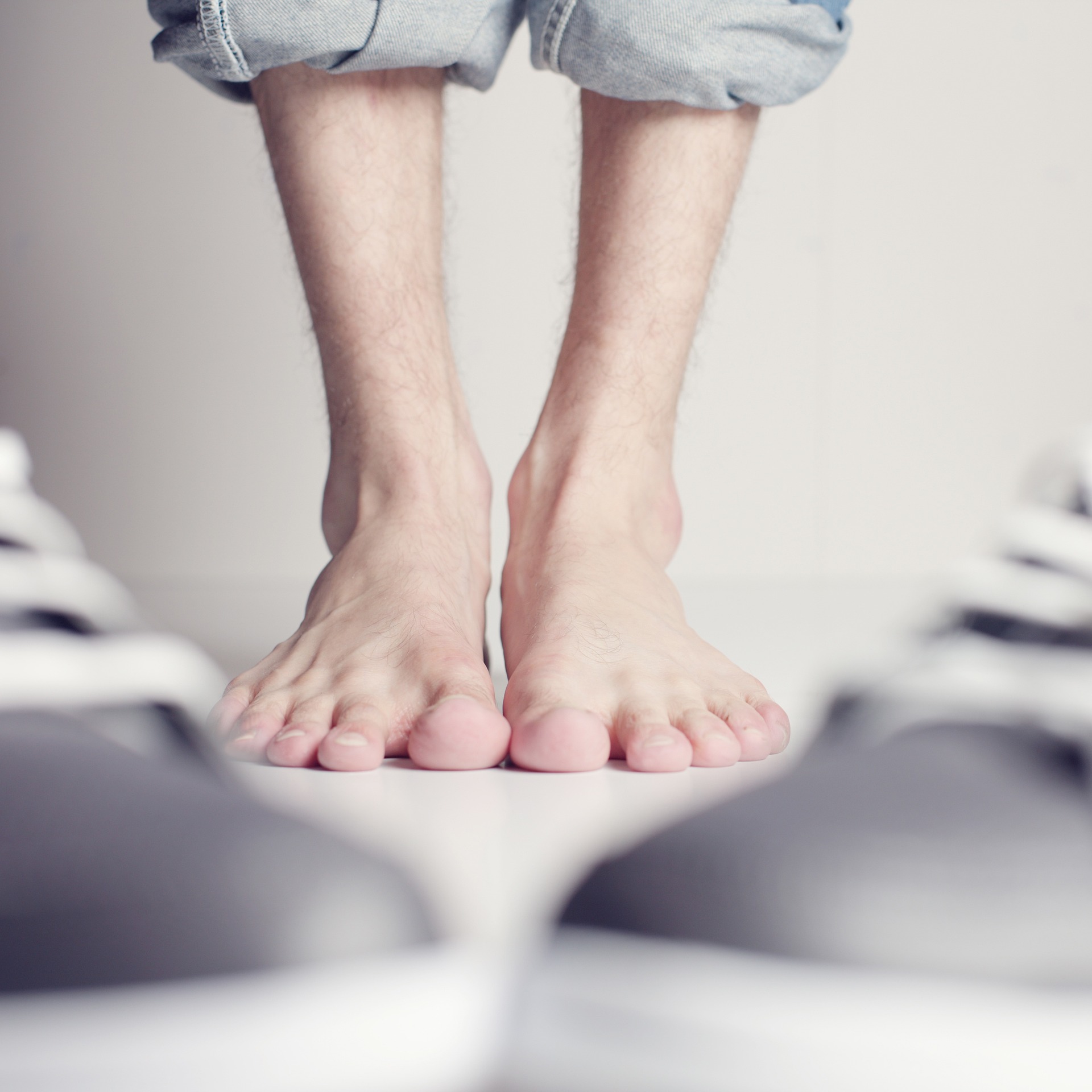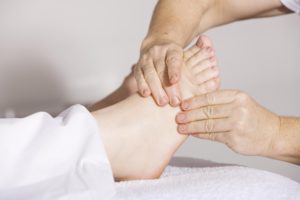What Causes Heel Pain In The Morning?
Do you experience pain in your heel when you first wake up in the morning or when you stand up after sitting for a while?
This sort of heel discomfort is typically known as “plantar fasciitis.”
It affects the band of tissue (plantar fascia) that connects your heel bone to your toes and runs around the bottom of your foot.
Plantar fasciitis is an inflammation of the band of tissue that connects the heel bone to the toes (plantar fascia).
What Causes Plantar Fasciitis?
Multiple factors can contribute to the onset of plantar fasciitis. Among the most prevalent are:
- Obesity or rapid weight gain
- Wearing shoes with inadequate support or cushioning
- Having flat feet or high arches
- Having tight calf muscles
- Participating in activities that place repetitive stress on the heel and foot, such as running or dancing.
- Having a job that requires prolonged standing or walking on hard surfaces
Diagnose and Treatment
The most frequent sign of plantar fasciitis is a sharp, stabbing pain in the heel or arch of the foot, particularly in the morning or after long periods of sitting.
Pain may also be evident after standing up after sitting for an extended period of time or after vigorous activities.
Visit a Doctor or Podiatrist for an accurate diagnosis if you feel you may have plantar fasciitis.
In order to rule out other potential causes of heel pain, such as a stress fracture or heel spur, a doctor may perform a physical examination, suggest x-rays, or order an ultrasound through a hospital.
How to Avoid Plantar Fasciitis
The best strategy to prevent plantar fasciitis is to maintain a healthy weight, wear shoes with enough support and cushioning, and engage in regular stretching activities to preserve the flexibility of the calf muscles.
Those at risk for developing the illness should also avoid activities that place repetitive stress on the heel and foot, such as sprinting and leaping.
How do I treat morning heel pain?
Plantar fasciitis-related morning heel discomfort is often treated with a combination of rest, ice, and over-the-counter pain medication.
Physical treatment, such as stretching exercises, can also aid in the reduction of pain and inflammation.
In severe cases, a doctor may offer a corticosteroid injection or a night splint to maintain the foot in a flexed position during sleep.
Those at risk for developing the illness should also avoid activities that place repetitive stress on the heel and foot, such as sprinting and leaping.
In addition, maintaining a healthy weight, wearing shoes with proper support and padding, and engaging in regular stretching activities to maintain flexible calf muscles will help prevent heel pain.
Will plantar fasciitis go away on its own?
Plantar fasciitis can be slow to heal, and healing times might vary from individual to individual.
Some patients may receive relief from their symptoms within a few weeks, while others may require several months.
It is possible for plantar fasciitis to heal on its own, but the process could take several months to a year.
In addition, if the illness is not properly treated and managed, it may reoccur or become chronic.
To aid with the healing process and prevent a recurrence, it is advised to seek treatment from a doctor or podiatrist, who may provide a diagnosis and establish a personalised treatment plan that may include rest, ice, physical therapy, stretching exercises, orthotics, and in some cases, surgery.
Those at risk for developing the illness should also avoid activities that place repetitive stress on the heel and foot, such as sprinting and leaping.
Conclusion
To summarise, Plantar fasciitis is a condition that affects the band of tissue that runs along the bottom of your foot. Symptoms include heel pain in the morning or when you rise up.
Common causes include obesity, wearing shoes with inadequate support, and indulging in activities that subject the heel and foot to repetitive stress.
Typically, treatment consists of a combination of rest, ice, over-the-counter pain medication, physical therapy, and stretching exercises.
To prevent plantar fasciitis, it is essential to maintain a healthy weight, wear supportive footwear, and engage in regular stretching activities to maintain calf flexibility.





